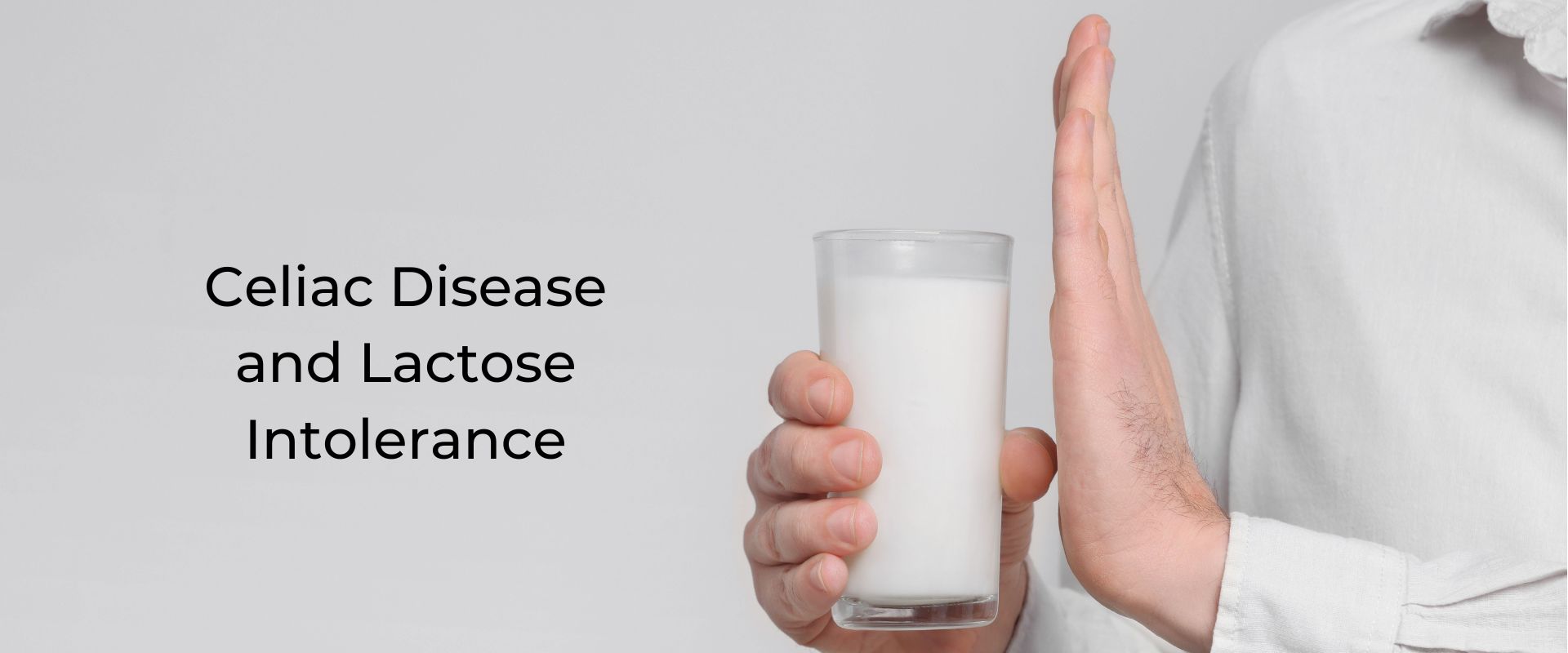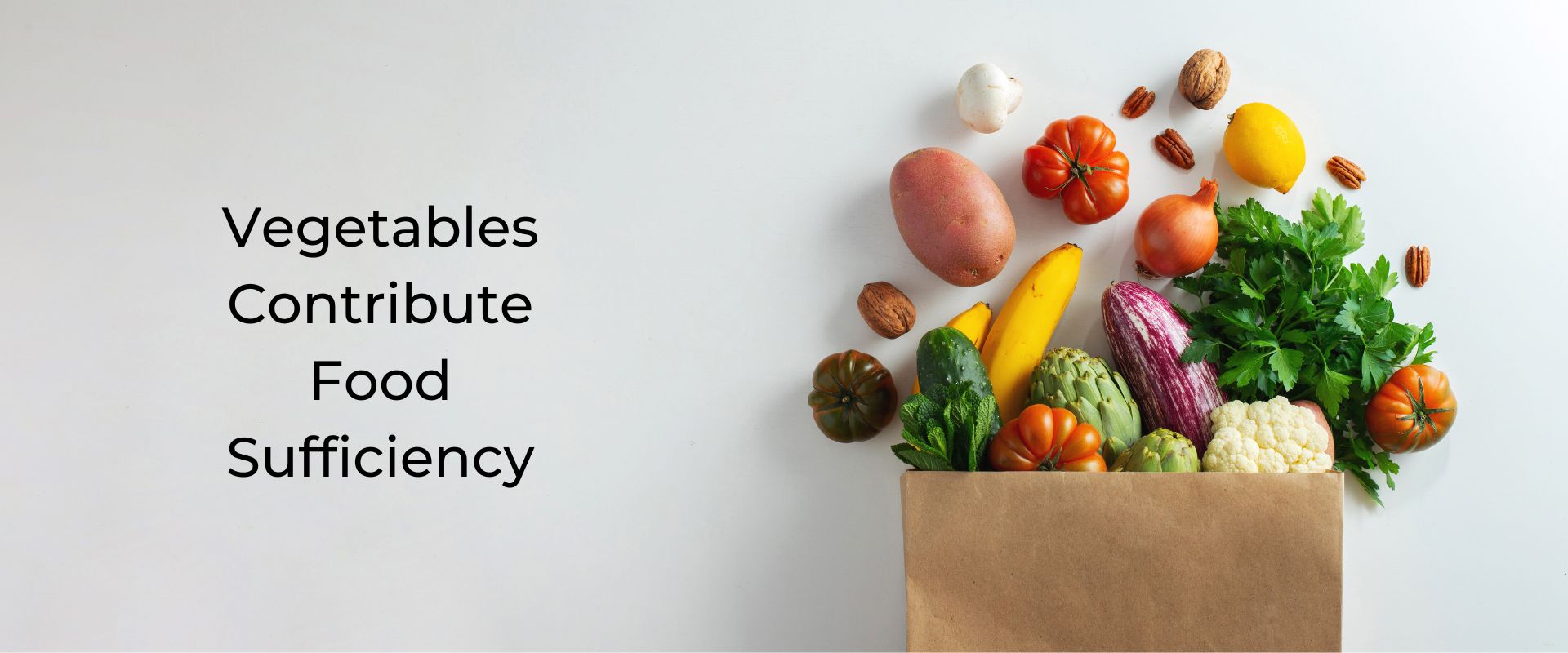Usually, when people imagine symptoms of celiac disease, they are inclined to think of diarrhea and malabsorption, along with other symptoms like fatigue and weight loss. In the past, these were considered classic symptoms of celiac disease. As we learn more about celiac disease, studies are showing that constipation can not only be a symptom of celiac disease, but sometimes it is the only presenting symptom.
A study from 20181 found that classical presentations of celiac disease are not common, and people present with non-classic symptoms such as constipation, headache, iron deficiency, osteoporosis, and fatigue more often.
What Is Constipation?
Constipation is defined by the Mayo Clinic, as a chronic period of infrequent bowel movements or stools that are hard to pass, lasting for several weeks. It is also possible to be constipated while having a bowel movement every day if stools are small or narrow, indicating that not everything is clearing from the bowel. Passing regular stools that are small, hard, or difficult to pass are also signs of constipation. Constipation can lead to further problems such as hemorrhoids, painful anal fissures, blockages, and bloating.

Can Celiac Disease Cause Constipation?
People are often surprised that constipation can occur due to untreated celiac disease or living with the dietary restrictions that follow diagnosis.
What Causes Constipation with Celiac Disease?
Constipation can have many causes, such as lack of dietary fiber or hydration, blockages in the intestines, or neurological problems in people with illnesses that have damaged nerves. For people with celiac disease, there are additional causes for constipation. Damaged small intestines can cause constipation in people who are yet undiagnosed, untreated, or on a gluten-free diet and accidentally ingested gluten. The gluten-free diet itself can often lead to constipation issues.
How Can a Damaged Small Intestine From Celiac Disease Cause Constipation?
When people with celiac disease eat gluten, the immune system reacts to it, damaging the villi in the small intestine. Villi are tiny finger-shaped projections covering the wall of the small intestine, absorbing nutrients into the body from the food we eat. When damaged, these villi can no longer absorb nutrients from food. When gluten damages the intestine in this way, membranes become very thin. The small intestine can begin to draw water out from the stool when it shouldn’t. When the water leaves the intestine too early, this creates hard stools that do not move along the bowel and become difficult to pass. Many people with undiagnosed celiac disease find relief from their constipation once diagnosed, and they start a gluten-free diet.
Can a Gluten-Free Diet Cause Constipation?
There has been a lot of progress and innovation in the food industry in the last few years with the manufacturing of gluten-free foods. Some manufacturers have spent the time and investment to test and label their products as gluten-free, opening them up to customers with celiac disease. Others have innovated and created substitutes for some old favorites that people miss when they begin a gluten-free diet. The problem is many of these substitute products for bread, baked goods, pizzas, and pasta rely on starchy ingredients such as rice and rice flour. Creating a product that looks appealing, keeps its shape, and tastes good has meant compromises with nutrition. These foods often contain little to no fiber and can cause constipation. On a gluten-free diet, you must pay attention to the diet as a whole without simply switching out gluten-based foods for gluten-free substitutes.

How Your Relationship to Food Can Lead to Constipation
Keeping a healthy and balanced diet while leading a busy life can be challenging for everybody. When you have additional restrictions on your diet, it’s even more difficult. For many people with a busy schedule or dietary restrictions, the most convenient foods to cook are usually not the most nutritious or full of fiber. Sometimes people with dietary restrictions lose their joy around food, the extra considerations feeling burdensome. Feeling this way about the way we nourish our body can make it more challenging to eat a varied and healthy diet. Reconnecting with your food as a vital and valuable part of self-care can help to change your perception of the change in diet.
Can Traces of Gluten Cause Constipation in Celiac Disease?
If you follow a gluten-free diet and eat a good amount of fiber, you may suddenly be surprised to find yourself constipated. With celiac disease, whenever any changes or new symptoms occur, it is always good practice to evaluate whether you may have accidentally ingested gluten. People with celiac disease have different levels of sensitivity to gluten. Stray crumbs, unlabeled ingredients, and contamination from other foods can all provide ways to ingest gluten without realizing it.
Constipation in Children With Celiac Disease
Children are often prone to becoming constipated. Studies have shown 2 that untreated celiac disease is overrepresented in children presenting with constipation, so it is always important to consider it as a possibility. Even before a celiac disease diagnosis, it can be difficult getting enough fiber into a child’s diet. Many children are picky eaters and don’t have much imagination beyond chicken nuggets. Children with celiac disease can have the same issues, with an even greater risk of constipation due to untreated celiac disease or gluten-free alternative product ingredients. It can also be particularly difficult to keep children on a strict gluten-free diet as they are sometimes inclined to impulsively eat whatever they think is tasty.
How to Alleviate Celiac Constipation
In untreated celiac disease, once a physician makes a diagnosis and a gluten-free diet begins, constipation caused by celiac disease usually subsides quickly. For some, over-the-counter stool softeners, laxatives, or enemas may be required to get things moving. Consult your doctor if you feel that your constipation may be due to celiac disease.
How to Prevent Constipation with Celiac Disease?
When living with celiac disease, to ensure that constipation doesn’t start due to ongoing intestinal damage it is critical to follow a gluten-free diet without fail. Only by having strict standards about your gluten exposure can you protect your intestine from further damage, improve constipation, and prevent it from happening in the future. To avoid constipation from a gluten-free diet, increase your daily intake of fiber. Try to limit the amount of gluten-free substitution foods that offer empty calories and low fiber.
Introduce More Fiber Into Your Diet
Fiber is the magic that keeps our digestive system running smoothly and regularly. Eating fiber not only bulks your stools to give you regular and complete evacuations, but it acts as a cleaning tool as it works through your bowel. Feeling less bloated, reducing the risk of some cancers, potentially lower cholesterol, and less issues with hemorrhoids are other great reasons to increase your fiber intake. Fiber is a remarkable key to wellness.

How much fiber should I eat?
Fiber does more than simply keep your gut healthy. Increasing your intake of fiber can also reduce your cholesterol. Most people do not get close to the recommended daily fiber intake. It is recommended that adults consume at least 25-35 grams of fiber per day. Fiber supplements can increase the amount for people struggling to reach the recommendations.
What If Increasing Fiber Doesn’t Help?
Often, when people believe they have increased their fiber, they are still not getting enough. The body needs a surprising amount of fiber in the diet to create bulky stools every day. First, ensure that you truly are taking in a healthy amount of fiber and consider fiber supplements to increase the amount. If drinking plenty of water and increasing your fiber intake dramatically doesn’t seem to be helping your constipation, you may need to employ the help of some over-the-counter constipation aids. Stool softeners and gentle laxatives are available. If these home remedies don’t resolve the issue or you have had a particularly damaged intestine due to celiac disease, seek your doctor’s advice before pursuing any constipation treatments. Your doctor is there to help manage your celiac disease and overall health, not only diagnose it.
Which gluten-free foods have enough fiber to ease constipation?
Even though some whole grain foods are not available on a gluten-free diet, fortunately, there are so many great-tasting and fiber-rich foods on the menu. Many grains are rich in fiber, such as gluten-free oats, buckwheat, and quinoa. Many people find that when seeking new fiber-rich foods, they discover many new foods they love and would not have tried otherwise.
Fruits and Vegetables
Fruits and vegetables provide a wide variety of foods to increase the fiber in your diet. Providing many other vitamins and minerals, which are vital for your health, they are versatile powerhouses when nourishing our bodies. Fresh, cooked into meals, or as dried snacks, fruits, and vegetables are often convenient as a go-to food that needs little preparation.
Beans, Nuts, and Seeds
Legumes, nuts, and seeds provide a wonderfully versatile way to get fiber into your diet. Adding these foods to your meals and snacks can drastically increase your daily fiber intake. Depending on your gluten sensitivity level, look for beans showing a gluten-free certification. Avoid nuts and seeds from bulk buy bins. These loose items can easily carry contamination from other close by gluten-containing items.
Medical Conditions That Worsen Constipation with Celiac Disease
There are some medical conditions that can commonly occur alongside celiac disease. Conditions such as irritable bowel syndrome (IBS), gastroparesis, diverticulitis, and diverticulosis can cause constipation and worsen it in people with celiac disease. For people with celiac disease who suffer chronic neurological conditions that cause constipation, extra care needs to be taken alongside the gluten-free diet to ensure the bowel remains healthy.
References
1 Lebwohl B, Sanders DS, Green PHR. Coeliac disease. Lancet. 2018;391:70-81
2 Celiac disease is overrepresented in patients with constipation, Jornal de Pediatria.Rolf A. A. Pelleboer,1 Rob L. H. Janssen,2 Judith M. Deckers-Kocken,3 Edward Wouters,4 Annemieke C. Nissen,5 Werner E. A. Bolz,6 Walther E. Tjon A. Ten,7 Cathelijne van der Feen,8 Koen J. Oosterhuis,9 Mechelien H. Rövekamp,10 Peter G. J. Nikkels,11 Roderick H. J. Houwen12






